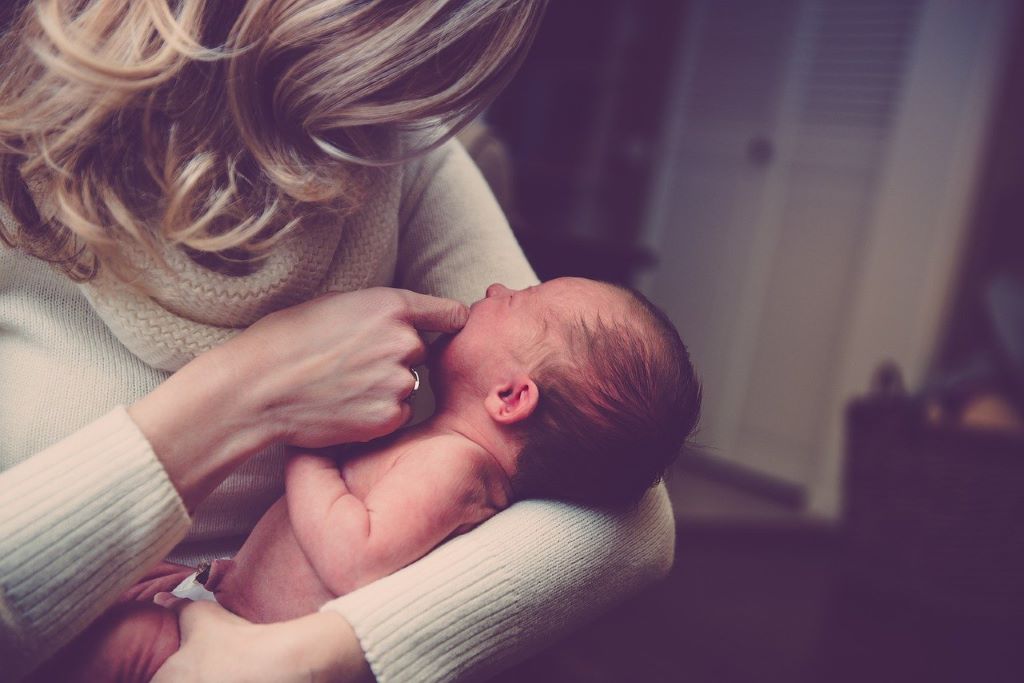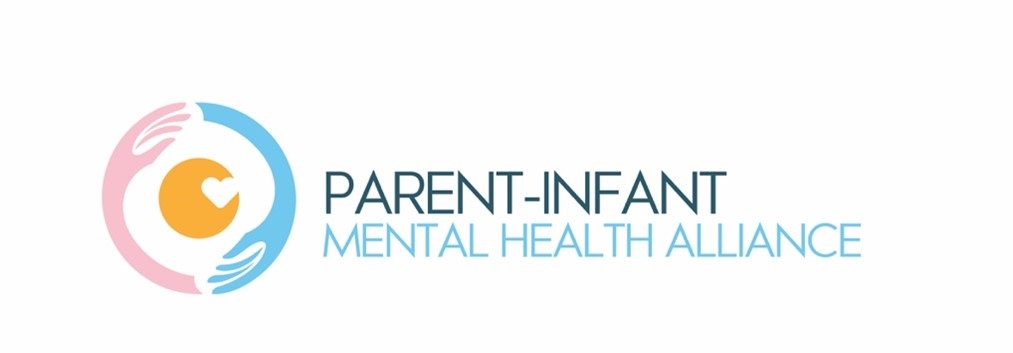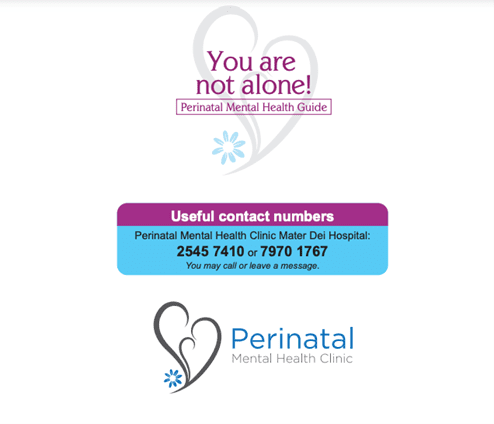
Perinatal mental health problems occur during pregnancy or in the first year following the birth of a child. It affects up to 20% of new and expectant mothers and covers a wide range of conditions. Here is everything you need to know about perinatal mental health…
The perinatal period refers to the time when a woman is pregnant and the first year following the birth of the baby. The personal journey a woman takes during pregnancy, childbirth and early motherhood is unique to her. This period can be the most challenging or rewarding experience in a woman’s life and during this time it is common that women and their partners experience different emotions.
A lot of mixed emotions about your pregnancy and your baby may start during the antenatal period and continue throughout the perinatal stage. You may experience feelings of worry, tiredness and stress which are related to these new circumstances. This is a normal feeling and a period of adjustment is to be expected. While coping with the physical changes during pregnancy, birth and beyond, it is important to care for your mental health too.
Mental Health problems are more common than physical health issues in pregnancy as they affect up to 20% of pregnant women. After birth, 50-80% of women encounter the postnatal blues. Some women may feel anxious, depressed and upset. This is quite common and if such emotions do not resolve within the first 2 weeks and you start feeling overwhelmed and unable to cope, it is advisable to seek help.
At times, women experience intense feelings of sadness, anxiety or despair and these could be signs of postpartum depression. It can start anytime within the first year of postpartum and it usually lasts several weeks or months. If left untreated, it could last up to 2 years. Never make the assumption that symptoms are just caused because of pregnancy or birth.
Let’s have a look at the common signs to watch for:
- Tearfulness.
- Feeling overwhelmed.
- Being irritable/arguing more often.
- Lack of concentration.
- Feeling anxious.
- Change in sleeping patterns/not sleeping well or sleeping too much.
- Change in appetite /not eating well or eating too much.
- Feelings of worthlessness or helplessness, and at times feeling of guilt.
- Lack of interest in doing usual things and not functioning in your usual manner.
At times women may also:
- Have difficulty to bond with their baby
- Think about death or suicide.
- Have intrusive thoughts.
- Introduce strict rituals and obsessions.
Dads matter too
On average, new fathers experiencing postnatal depression ranges from 1 in 10 to 1 in 4. This is as high as some of the estimates for new mothers. If you are struggling emotionally it is important that you seek help! You are not alone, you are not weak and you are not in fault. This information applies to you too; you need to take care of yourself so that you can take care of your partner and be strong for your baby.
Ways to cope:
- It is a difficult time to be alone.
- Talk to someone you trust about your feelings, such as your partner, a friend, sibling or parent.
- Discuss emotions with your midwife or your obstetrician.
- Ask for support if you are worried about yourself and your baby’s wellbeing.
- Do not be too hard on yourself, you are not expected to be a superwoman or a super dad.
- Ask for help with house chores and baby sitting.
- Have a healthy diet and keep active.
- Treat yourself and try to organise time for you and your partner.
Seeking help is an important step.
If you are pregnant or within the first year postpartum, you can call the Perinatal Mental Health Clinic at Mater Dei Hospital on 2545 7410 or 7970 1767.
What the service offers:
- We aim to contact everyone within a week of referral and offer the first contact appointment within two weeks or sooner if it is urgent.
- We can listen to your worries and guide you to the appropriate care.
- We offer Psychiatric care and Psychotherapy
- We offer support and help you with your difficulties
- You are welcome to come with your partner or a trusted friend but it is also welcomed if you prefer to come alone.
You can also follow our NGO on Facebook: Parent-Infant Mental Health Alliance. Our purpose is to give voice to the needs of pregnant women, infants, their families and their healthcare providers so that collectively we can have the greatest positive impact on perinatal care in Malta. We encourage all the new parents to become members of this NGO by paying an annual membership fee. By joining the NGO, you will be eligible to attend free support groups and attend seminars and conferences at reduced prices.

However, if you are not pregnant or more than one year postpartum, you can call the Community Mental Health Clinics to book an appointment depending on your home address. This also applies for fathers who are struggling with parenthood. You will be asked to get a referral ticket by your GP before getting an appointment with our specialised community mental health teams.
- Mtarfa- 21454917 / 21456758
- Mosta / Qawra- 21422969 / 79266325
- Qormi- 21441317 / 21440170
- Floriana- 21220454 / 21250015
- Cospicua- 2397 2330 / 21662 088
- Paola – 21821566 / 21821562

Have you experienced perinatal mental health issues? Share your experience with us at wham and help us eliminate the existing mental health taboo (we can keep you anonymous if you prefer). Contact us or send us an email at [email protected]

Dr Edith Agius is a General Adult and Perinatal Psychiatrist. She completed a Masters degree with Sheffield Hallam University in Perinatal Mental Health. Currently, she is working at the Mosta and Qawra Community Mental Health Clinics and the Perinatal Mental Health Clinic based at Mater Dei. She is a committee member and serves the PRO role in the Parent-Infant Mental Health Alliance (NGO) and founder of the Instagram page Reproductive Psychiatry. She trained in VIG with the Association of Video Interactive Guidance UK and is now a VIG Accredited Practitioner.





